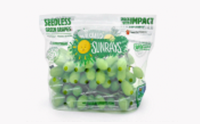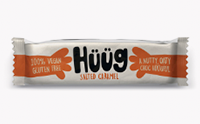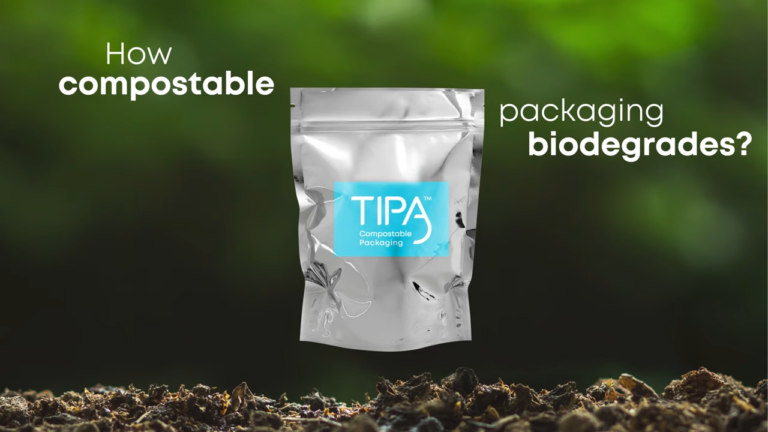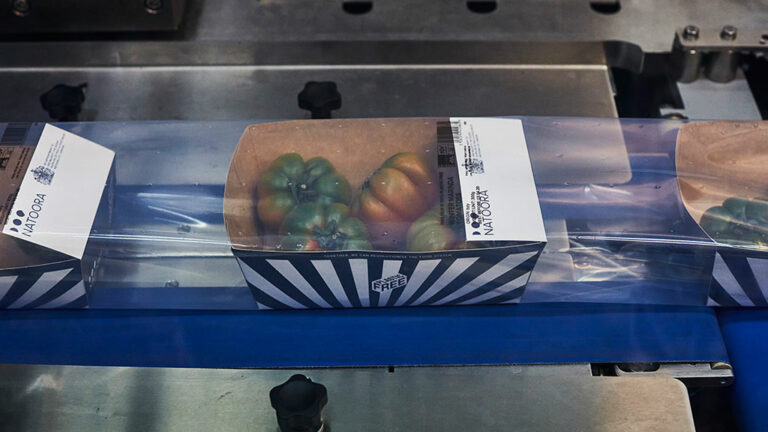Envision a Clear Future.
TIPA Compostable Packaging
Voices of Victory: Customers’ Success Stories
HAST
HAST’s choice to work with TIPA ensures that our products are presented in packaging that is as environmentally conscious as the garments themselves
co-founder, HAST
Wyld
Having been part of an industry known for its excessive single-use packaging, we searched for compostable materials that met our brand standards. That’s when we found TIPA
Sr. Brand Manager at Wyld
WAVE PROGRESS
To include circular elements into every aspect of WAVE PROGRESS, TIPA was an obvious choice
WAVE PROGRESS Founder
SUNRAYS
Our mission is to provide the best tasting, most sustainable, life transforming, zero waste snacking experience the world has to offer.
Brand Manager at Jac Vandenberg
HAST
HAST’s choice to work with TIPA ensures that our products are presented in packaging that is as environmentally conscious as the garments themselves
co-founder, HAST
Wyld
Having been part of an industry known for its excessive single-use packaging, we searched for compostable materials that met our brand standards. That’s when we found TIPA
Sr. Brand Manager at Wyld
Recyclable or Compostable?
Glad You Asked!
Despite the long-standing popularity of recyclables, most of them will never make it to recycling; globally, only 9% of plastic is recycled, and much of what is labeled as ‘recyclable’ ends up in landfills, where it will last for decades. For true sustainability, companies should choose compostable packaging. As it decomposes in a compost bin, no contaminants remain.
Boost your brand with TIPA
Sustainable
Designed to break down into compost
Certified home and industrial compostable
Local production
Functional
Machinability
Durability
Printability
Packaging partner you can trust
- Our experts will make the process of switching to compostable packaging as smooth as possible
- Manufacturing locally: eco-friendly, cost-effective and short lead time
- TIPA’s films, laminates and applications that are easy to process on existing, standard equipment
- A detailed customer kit is at your disposal

Food-grade compostable packaging
With TIPA’s wide range of food-grade compostable packaging, your product will look as good on the outside as it tastes on the inside. At the same time, your consumers will sure notice your brand’s commitment to reducing plastic waste.
By using TIPA’s compostable packaging for food, the freshness and shelf-life are maintained, and the food will last longer, and the packaging waste – can become a resource.
Compostable Packaging
for Ethical Fashion
TIPA’s compostable packaging for fashion offers a variety of applications,including garment bags, resealable and zipper bags for apparel, accessories and more.
We ensure that your carefully crafted apparel reaches its destination safely and sustainably with exceptional brand impact.
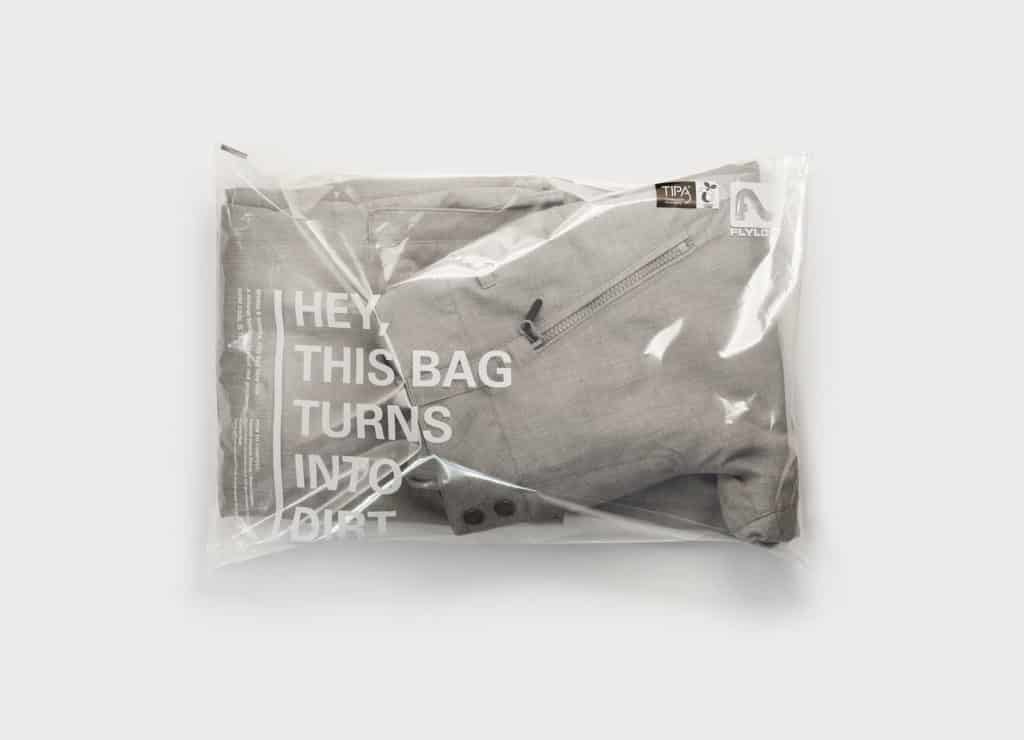
Bits of information

Circular solution for flexible packaging
Flexible packaging is still used in an old fashioned make-take-dispose way. Though some people have adopted a circular thinking approach by sending these packaging to recycling, because most packaging has multiple layers of materials or are contaminated with food, only about 3% of them are actually recycled. TIPA provides a circular solution that works: after 6-12 months, our packaging become compost, just like any organic matter.

Dispose of your packaging easily
Encourage your customers to dispose of their TIPA’s compostable packaging just like they dispose of food -Into the food waste stream or their home compost bin.

Perfectly fits your supply chain
We design packaging that is as effective at protecting food and extending its shelf life as conventional plastics. We also create compostable films and laminates that work seamlessly in any packaging line.

Truly innovative
In order to make compostable plastic work in the world of flexible packaging, we use multiple patents aligned with the increasing market demand for high-quality packaging.









